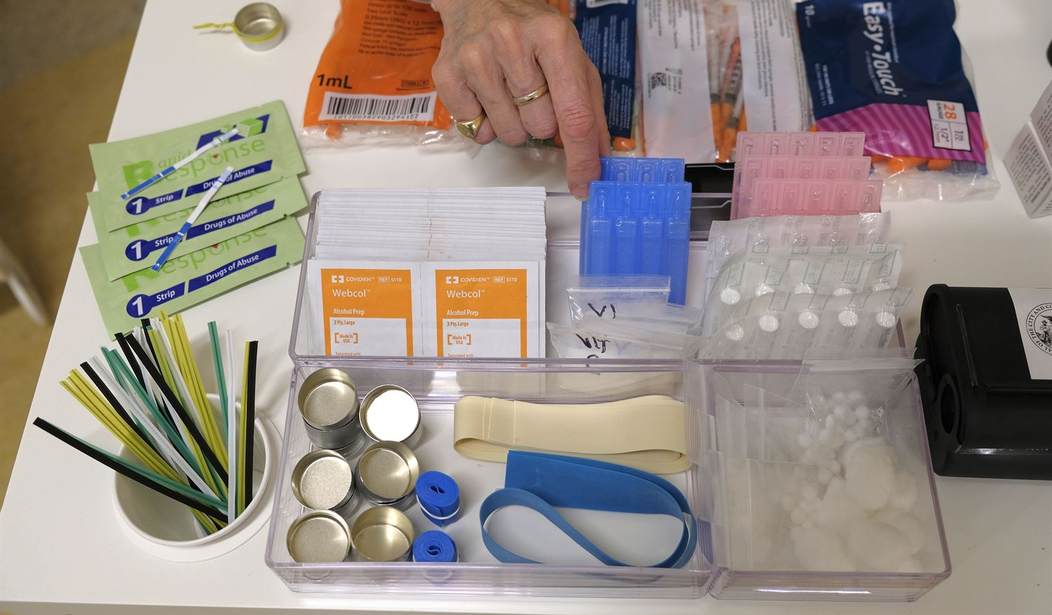Back in 1992, the Food and Drug Administration launched what it described as an “accelerated approval program” for new drugs. The goal of the program was to get promising new drugs out to market faster and save lives, rather than waiting for the results of the exhaustive clinical trials that always accompany the release of new forms of treatment. That sounds admirable to a degree, but it also immediately alarmed some people in the medical community. That skepticism seems to have been well warranted. The definition of “promising” turned out to be a bit looser than some professionals liked and the results have been less than optimal in many cases, to put it mildly. But the usage of the accelerated approval process continued to increase in frequency, with anywhere from 30 to 50 drugs per year being approved in this fashion in the past five years. But now, according to the Associated Press and to the FDA’s credit, that pace is slowing and they are pulling some of the drugs that failed to pan out off the market. (Or at least trying to, but more on that in a moment.)
Expedited drug approvals slowed this year as the Food and Drug Administration’s controversial accelerated pathway came under new scrutiny from Congress, government watchdogs and some of the agency’s own leaders.
With less than a month remaining in the year, the FDA’s drug center has granted 10 accelerated approvals — fewer than the tally in each of the last five years, when use of the program reached all-time highs.
The program allows drugs to launch in the U.S. based on promising early results, before they are proven to benefit patients.
This report focuses primarily on new cancer drugs, though a few others are mentioned. The FDA has pulled its approval for twenty cancer drugs in just the past two years. To put that in perspective, they have only pulled their approval for a total of roughly forty drugs since the program began in 1992. Many of those “promising” cancer drugs wound up showing no measurable improvement in the outcomes of patients once they completed broader clinical trials.
You would think that once a drug’s approval is revoked, the pharmaceutical company would stop selling it, right? But that’s not always the case. For two years now, the FDA has been pushing AMAG Pharmaceuticals to pull the drug Makena from the market over concerns about its performance. The company has simply refused and if you go to their website today, you are greeted with a notification regarding “confusion” about the drug’s “current status,” followed by an assurance that is still available for patients and prescribers. So they are apparently just thumbing their nose at the FDA and nobody seems sure what to do about it.
Last year, the FDA granted accelerated approval for a new Alzheimer’s drug from Biogen, causing much excitement. By the time initial cases were evaluated, it was shown that the drug failed to reverse mental decline in patients and only slightly slowed the decline in some cases. The drug’s future is unclear at this point.
Curiously missing from the linked report is any mention of the new mRNA vaccines that were approved at “warp speed” and distributed. Some of the more recent boosters were not tested on any clinical trial groups whatsoever before being approved for general (and free) distribution. We all know how well that’s worked out so far. But don’t worry. The government granted Pfizer and Moderna blanket immunity from any lawsuits or liability related to the results experienced by patients, so those companies will be just fine, not to mention tens of billions of dollars richer thanks to your taxpayer dollars.
If the FDA actually is starting to get serious about insisting on more thorough testing of new drugs before approval is granted, that will be welcome news. But given the agency’s recent track record, let’s just say I’m not holding my breath.








Join the conversation as a VIP Member